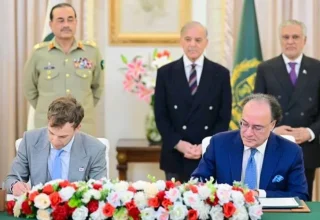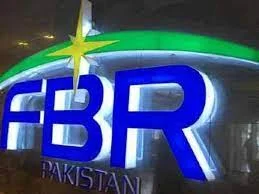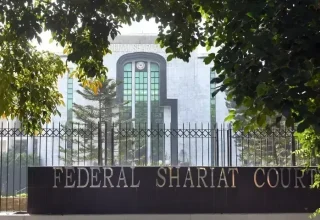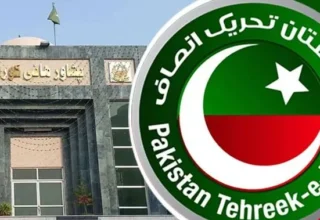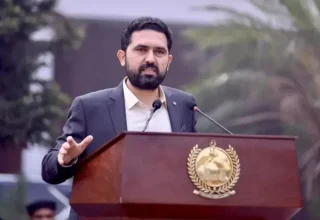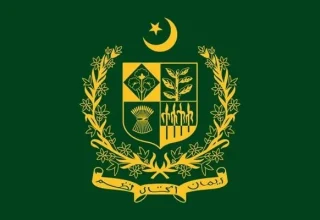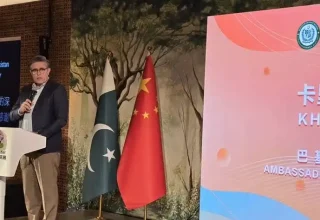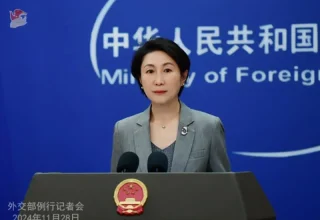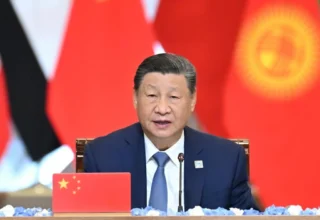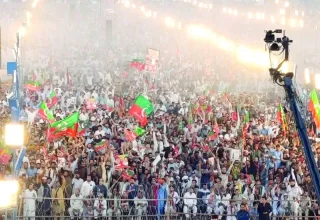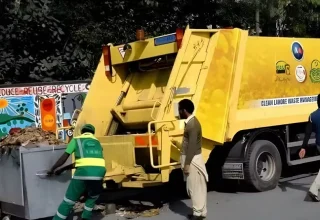
The Rawalpindi Solid Waste Management Company (RSWMC) has imposed a new “garbage tax” on residents, shopkeepers, and commercial property owners, triggering widespread protests across the city.
According to official sources, the tax has been implemented from September 1, and the company has begun sending bills ranging from Rs 500 to Rs 5,000 to households, shops, and plazas. The collection process formally began in October, with rates set at Rs 500 per month for small houses and Rs 1,100 for shops.
The decision has drawn sharp criticism from the city’s business community and residents, who argue that the sanitation system remains poor despite the new charges. Shopkeepers and traders’ associations, particularly from Commercial Market, have rejected the tax, calling it “unjustified” and “unacceptable.”
“The city is filled with garbage heaps and the cleaning services are inadequate — why should we pay a tax for services we don’t receive?” said a spokesperson for the Anjuman Tajran Commercial Market while announcing their refusal to pay the bills.
Leaders from the Pakistan Muslim League-Nawaz (PML-N) traders’ wing also expressed their helplessness, saying they understood the grievances of shopkeepers but had limited authority to intervene.
Meanwhile, the Rawalpindi Waste Management Company has warned that those failing to pay the garbage tax will face fines and legal action, including possible challans. Traders’ unions, however, have announced plans to challenge the garbage tax in court, calling it an “unlawful burden on citizens during tough economic times.”
The move comes amid growing public frustration over urban management issues in Rawalpindi, where residents complain of overflowing trash bins and poor waste collection despite repeated promises of reform.











